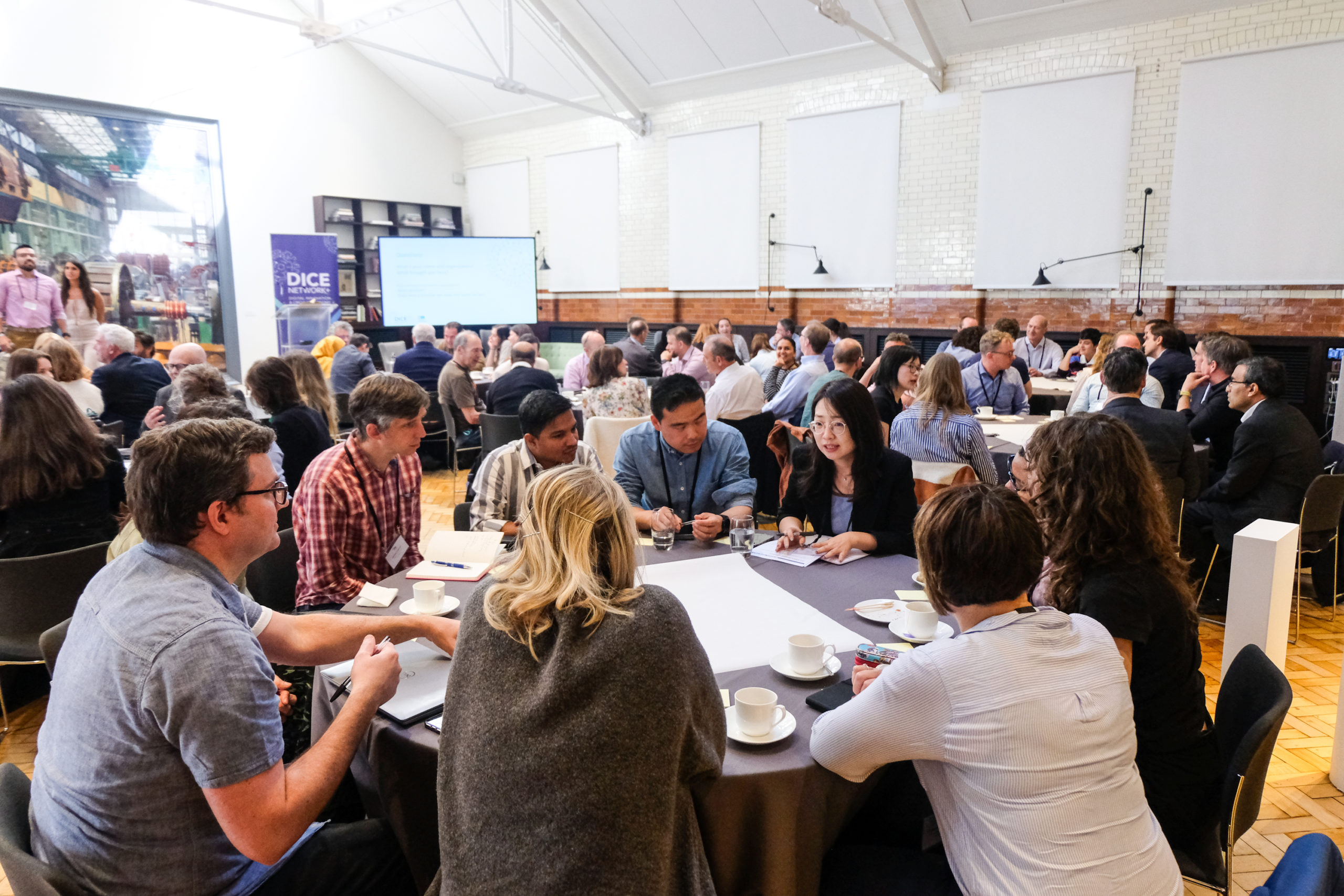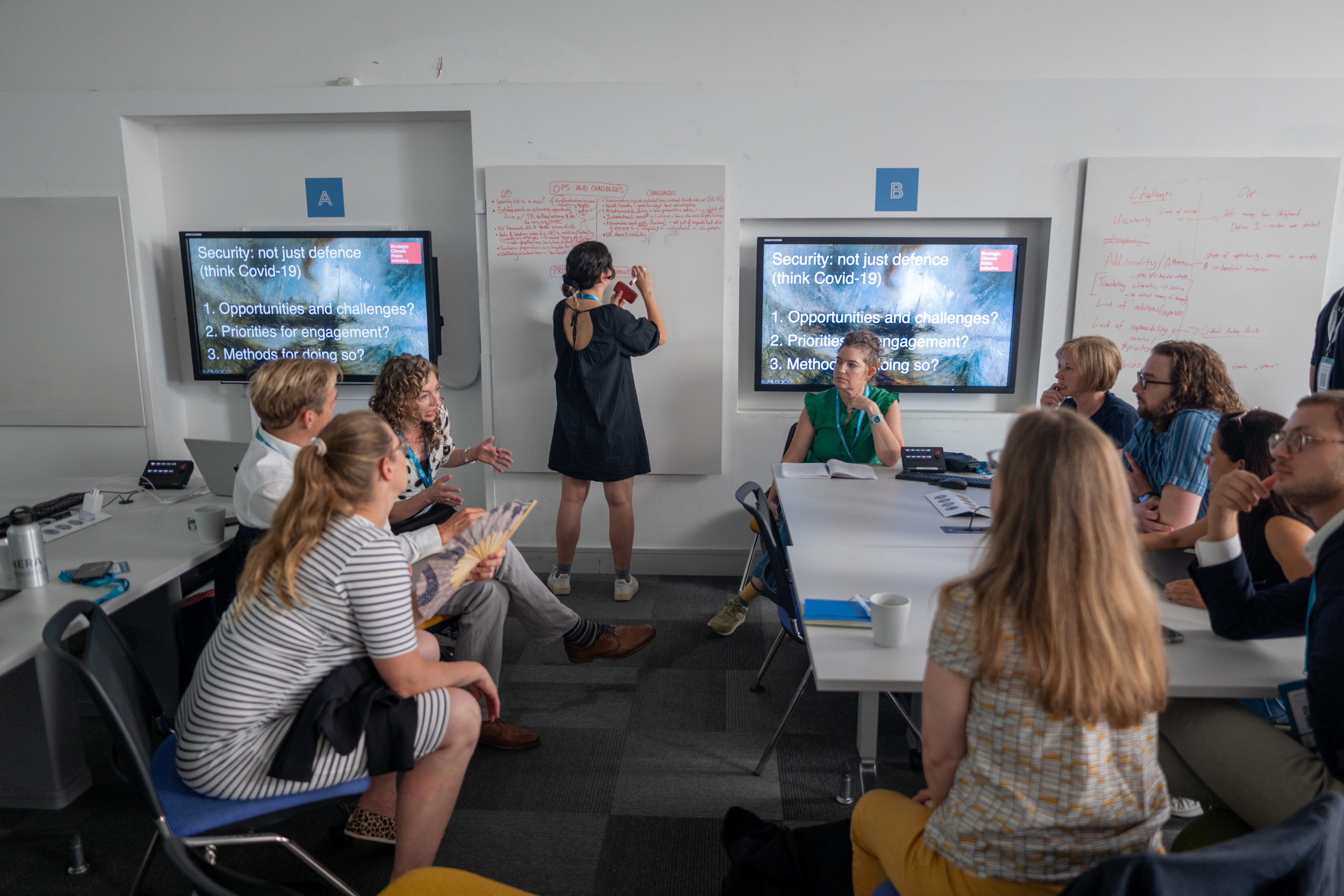News
UK must use digital technologies to adopt a circular economy, say experts

Experts from industry, academia, and government convened at the Science Museum this week to understand how digital technologies, including AI, can accelerate the shift to a circular economy.
The Digital Innovation and Circular Economy Network Plus (DICE Network+), launched on Tuesday 20 May, will also explore how embedding circular design principles into digital innovation can reduce the environmental impact of digital products and services.
Led by the University of Exeter in collaboration with nine UK universities and prominent industry partners including the Ellen MacArthur Foundation, Arup and SAP, the network will help build capacity and scale circular economy adoption across sectors.
—
Despite growing investment in sustainability, the world is moving backwards on circularity: the share of recyclable materials in the global economy has dropped from 9% to 6.9% in recent years.
Meanwhile, the transition to clean energy and the rise of artificial intelligence is creating new pressure on critical materials that are currently not recycled at scale.
“For the UK to meet its ambitions in AI and clean energy, we must embed circular economy principles at the design stage,” said Professor Fiona Charnley, DICE Network+ Lead and Co-Director of the Exeter Centre for Circular Economy.
“By connecting partners across sectors, DICE Network+ will help build this capacity across the UK and beyond – creating digital innovations that are sustainable, for one, and using those innovations to supercharge the adoption of circular economy principles, practices, and business models.”
—
Over the next three years, the DICE+ network will fund research, industry placements, and feasibility studies to address these two urgent challenges.
“We need circularity now because we’re hitting planetary boundaries,” said Darren West, Global Head of Circular Economy Solutions at SAP, during his keynote on agentic AI. “The good news is that circularity drives both sustainability and profit.”
“We’re already seeing how AI can save hours on ESG reporting, or how digital product passports can help track and recover high-value materials. With new regulations like ESPR on the horizon, manufacturers must start designing modular, repairable, and traceable products. That’s where this network can help.”
The appetite is there. More than 80 delegates attended the launch event – including representatives from the CE Taskforce, the Government Digital Sustainability Alliance (GDSA), VISA, Jaguar-Land Rover, and ReLondon – as panel discussions and roundtables focused on sharing knowledge, capabilities, and challenges to align digital systems with circular principles.
About DICE+
The Digital Innovation and Circular Economy Network+ is funded by UKRI and involves nine leading UK universities. The network focuses on two-way innovation: embedding circularity in digital tech (e.g., AI, IoT, infrastructure) and using digital innovation to enable circular business models.
Over the next three years, the DICE Network+ will also employ flexible funds to engage industry placements and feasibility studies to address these two key challenge areas. The first funding call for Knowledge Exchange Placements and the first round of Feasibility Studies open in May 2025, with the Demonstrator call scheduled for early 2026.
Dr Chioma Udeozor, Circular Economy Impact Fellow in the Green Futures Solutions team, is part of the Exeter DICE+ team. To get involved, contact Chioma here.
Related
Exeter Innovation
We are the trusted partner in transformative innovation, empowering organisations across the globe to make ecologically responsible decisions – for today and for future generations.








